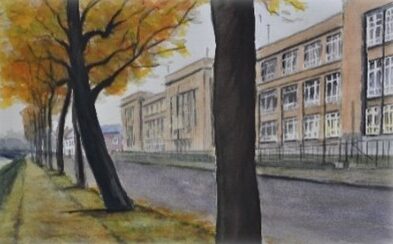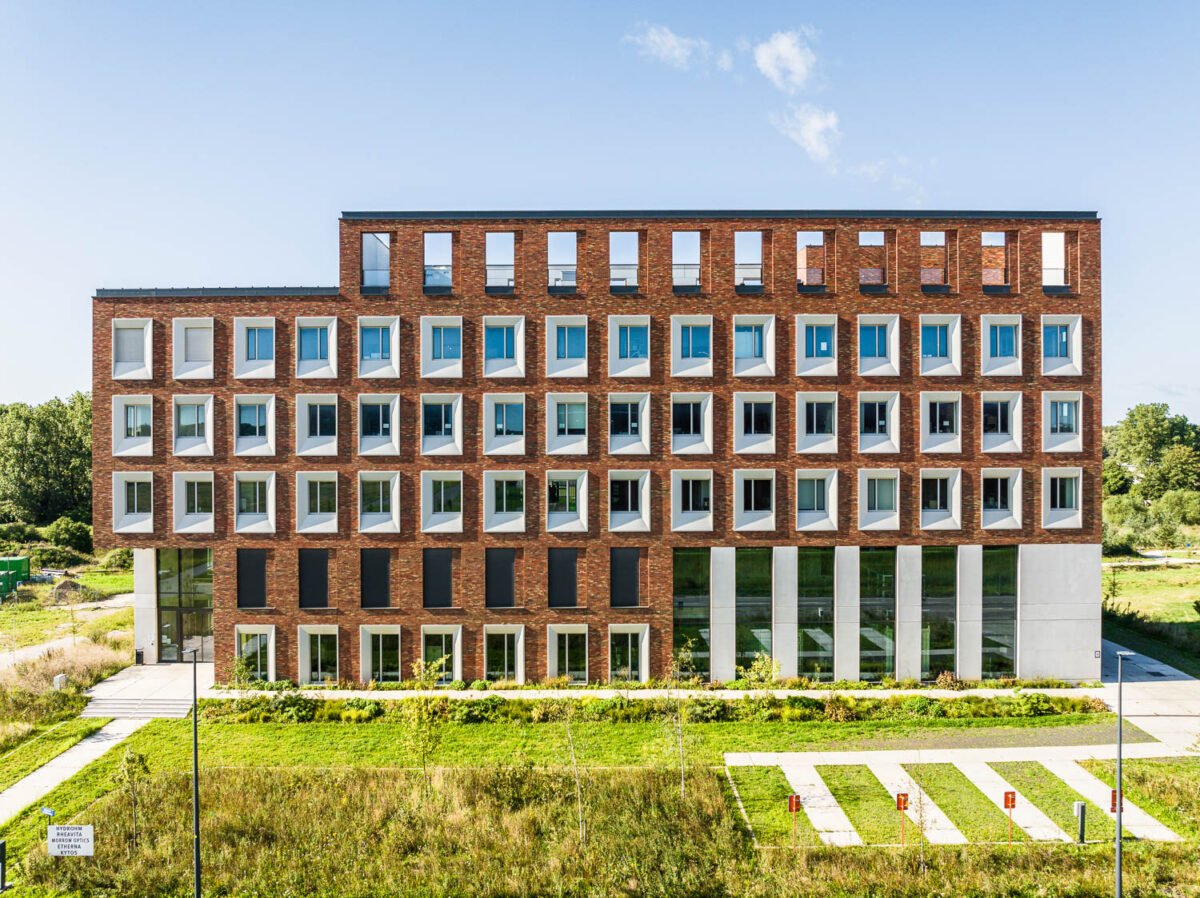
In 1960, the Laboratory for General and Industrial Microbiology was established at the then State Agricultural College, under the leadership of Prof. Jules Voets. In the 1970s, three of his young assistants stood at the cradle of microbiology within our faculty. Each was specialized in their own discipline: Johan Debevere in food microbiology, Eric Vandamme in industrial microbiology, and Willy Verstraete in environmental microbiology.
Willy Verstraete returned from Cornell University to UGent, where he obtained his doctorate under the supervision of Prof. Martin Alexander (1968-1971) in 1971. In 1977, he founded the Laboratory for Microbial Ecology (LME), which laid the foundation for groundbreaking research in microbial ecology and biotechnology. In 1997, Eva Top joined LME to work alongside Willy Verstraete but accepted a new position at the University of Idaho (United States) in 2003.


In 2000, LME was renamed LabMET (Laboratory for Microbial Ecology and Technology) to reflect the increasing emphasis on technological applications within microbial ecology. This name change marked a new phase where research and technology were closely intertwined to tackle environmental problems.
In 2006, Nico Boon joined LabMET as a new tenured academic staff member (applied microbial ecology; 2006-present), followed by Tom Van de Wiele in 2010 (bacteria-host interactions; 2010-present). After an impressive 40-year career at Ghent University, Prof. Willy Verstraete retired in 2011. That same year, Korneel Rabaey was appointed as a lecturer at LabMET (bio-electrochemical systems and sustainable technologies; 2011-2022). In 2015, Bart De Gusseme was appointed as a 10% tenured academic staff member (water treatment technologies and microbial processes for water purification; 2015-present).
In 2016, LabMET transformed into CMET (Center for Microbial Ecology and Technology), emphasizing its multidisciplinary character and the expansion of research activities. CMET strives to be a leading center in both fundamental and applied research within microbial ecology and technology.
In 2017, two new professors were appointed: Tom Defoirdt (aquatic microbial ecology and the control of bacterial pathogens; 2017-present) and Ramon Ganigué (bioprocess engineering for resource recovery and waste valorization; 2017-present). In 2021, Jo De Vrieze joined CMET as a professor (anaerobic microbial processes and bioenergy with focus on methane; 2021-present), followed by Kankana Kundu in 2024 (marine microbiology; 2024-present).

For more than 50 years CMET researchers carried out their research at the Faculty of Bioscience Engineering, at memorable locations such as the cellars and laboratories of Blocks A & B, and the sheep stable.
In 2024, CMET moved to Campus Capture, where we strive to keep playing a prominent role in advancing knowledge and developing sustainable solutions for environment-related challenges through advanced research and technology. The center remains committed to innovation and collaboration to contribute to a more sustainable world.
